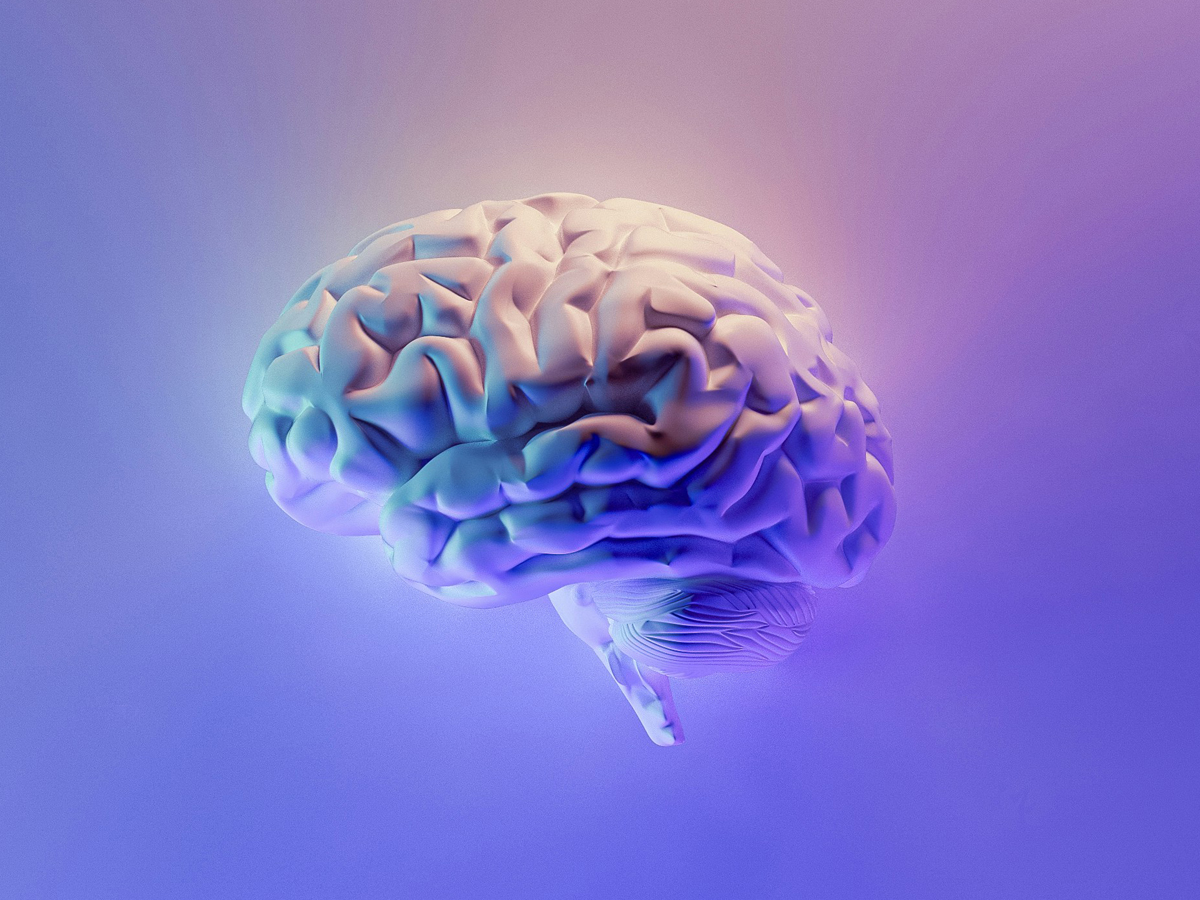Fatigue following a traumatic brain injury can be debilitating and have drastic impacts on daily life, but new research provides insights that may help people who experience the condition.
In a webinar hosted by the Hopkins Centre at Griffith University, researchers presented the findings of two studies that considered the management of fatigue after traumatic brain injury (TBI).
Researchers noted the difficulty in defining and assessing what fatigue is, despite how common it is. Broadly speaking, fatigue can be physiological, pathological, or psychological; and the type of fatigue should be considered by researchers and clinicians when considering which interventions to use with patients.
Researcher Kaitlyn Spalding presented a recent scoping review that profiled fatigue management in patients who experience it after a TBI, including types of fatigue, how it is measured and outcomes of management techniques. Some of the interventions covered included medicinal, alternative therapies, stress reduction classes, and aerobic exercise. The research found that pharmacological interventions had positive outcomes, as well as cognitive behaviour therapy (CBT) and stress reduction classes. Other management techniques showed promise too, depending on the methods used.
Despite research supporting the use of a multidisciplinary, multifaceted approach to fatigue management after a TBI, none of the interventions reviewed took that approach. It concluded that there are opportunities to develop those approaches, helping patients not just with their bodily functioning through fatigue, but also with participation in society and other activities.
Metro South Health clinician-researchers Janelle Griffin, Rebecca Seeney and Emily Gibson noticed that patients with fatigue had limited physical and mental endurance and struggled with therapy over multiple days, and carers and families whose responsibilities shifted due to their loved one’s TBI were affected by fatigue too.
Data shows that people with post-TBI fatigue develop their own routines and strategies around identifying triggers and reducing the impact of fatigue when it hits. Caregivers tend to settle into a monitoring role as the routine sets in, which may reduce their own fatigue. But the data pointed to the “individualised nature of the fatigue experience” and the way in which it can differ across patients.
For more information on the research presented in the webinar, contact The Hopkins Centre.

